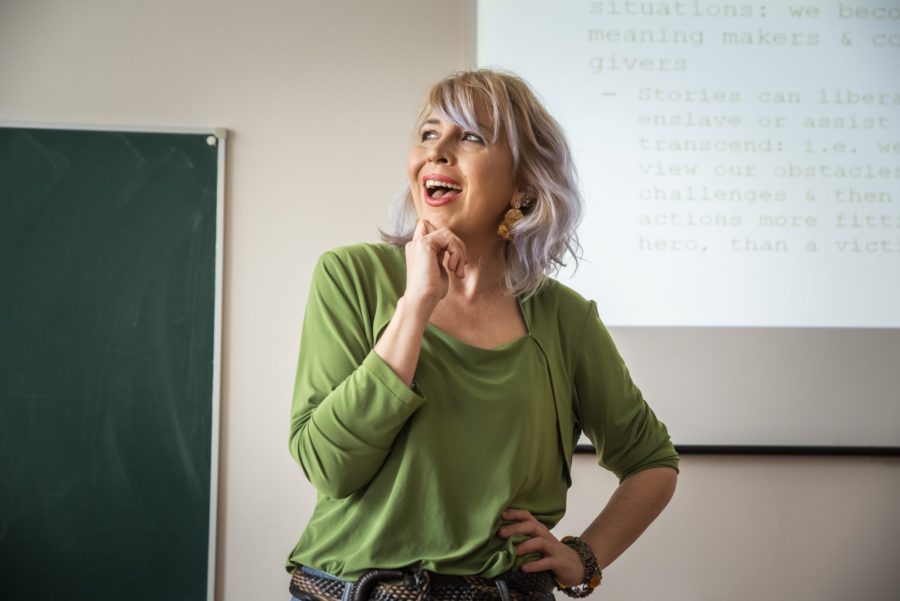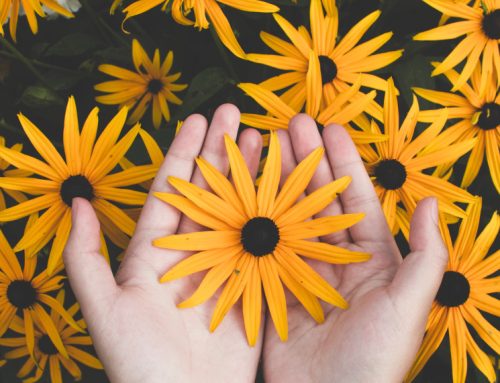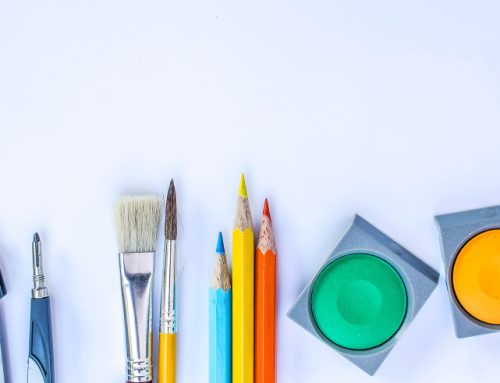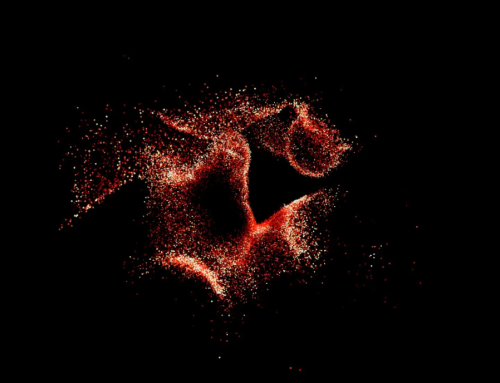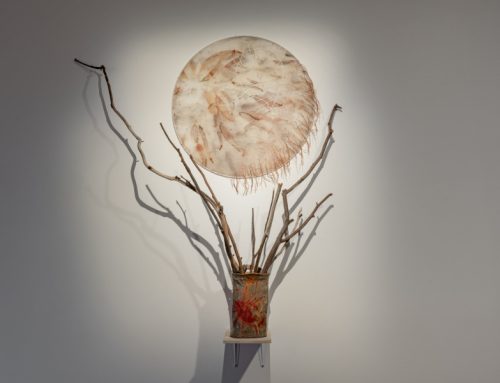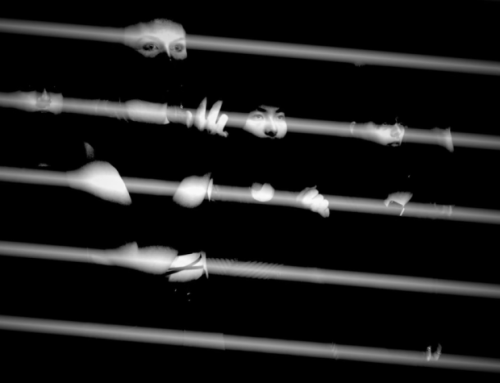ARTISTIC BELONGING
(Excerpt from the original article “HOW COVID-19 IS ASKING US TO RE-EVALUATE BELONGING” by Kristina Dryža in the Vilnius Review)
As artists, many of us feel a deep belonging to the invisible world, as well as identifying with the archetype of the orphan child (whether as a child we were literally orphaned or not). It’s the feeling of being different, like there’s something wrong with us, that we’re always on the outside looking in. We don’t experience a feeling of true belonging, as we didn’t feel safe, or welcome enough, to be ourselves when we were younger. Rather, in general terms, we found it hard to fit in, felt alienated from the rest of our family, and isolated and removed from society. The proverbial square peg trying to fit into round holes.
For many artists, feeling like an outsider, an interloper, a fringe dweller (insert your own version here), involves feeling unseen, unheard, being misunderstood and misrepresented. This can tear and rip at the heart. Deeply. Being an outcast threatens our survival. When we speak out we take the risk of not belonging. Not playing by the rules of power means we can also perish by them.
The cost of going against the group is to risk being outside of it. Conformity is such a powerful force. In the past we may have experienced the hostility of a group turning on us, been shunned, or experienced extreme loneliness, abandonment and exile. These experiences though prompt us to seek greater independence and to take responsibility for our creative lives.
When we mature into a state of self-awareness of our inner orphan, we finally give ourselves permission to accept ourselves, regardless of what others may say or think. We know in our bones that differences make us who we are. By seeking contact with a higher consciousness, and universal and humanitarian causes, we feel like there’s somewhere we can belong.
All of this is to say that in the post-COVID-19 world (and right now in the midst of it), the world will need to call on those of us with the orphan child and artist archetypes. We are of such benefit to humanity in this time as by participating in the fringes of society, we’ve had plenty of time (and practice) standing back, introverting, observing the bigger picture, and witnessing how things interconnect. We can perceive where, and how, to connect ourselves to the whole, and bring our medicine, which the tribe now so desperately needs.
But what is our medicine? It’s the ability to ‘go inside’ literally and figuratively. We can turn inward, to bring outward, a new co-created vision and narrative for humanity. In these unprecedented times, the “call to adventure,” in mythologist Joseph Campbell’s language, is the call to create, to make new life. Artists are guides to the inner world. The source of artistry and creativity is our inner world, our inner life, our inner light. Right now, as artists, the call is for us to unite our collaborative spirit to help midwife this emerging new world that we sense. And to hold the arising visions, and to nurture them as tenderly as we would a newborn, as our collective longings are birthed into the light of day.
As artists we’re very familiar with paradox. So for what I just wrote about being tender, can we also hold our feet to the fire? One of my favourite song lyrics is from Battle Born by The Killers: “You never shine / If you never burn.” So can we burn for our art? And how can we assist others to belong to the universal creative flame? An invisible, metaphoric fire that comes so close to practically incinerating us, so as to burn off the dross, so that we may emerge out of the ashes like the mythical phoenix bird.
As artists we have a sensitive impressionability, which can respond to dreams, the psyche of others, liminal time and spaces. Our psychic sensitivity is often so acute, and our interactions with the collective unconscious make us more receptive to insights and inspirations of the emerging future. We can also feel at home in the empty spaces, instead of uncomfortably trying to fill them. We know how to find security in the midst of uncertainty, and so it’s high time for us to act as the guides, which humanity now needs us to be.
CLICK HERE FOR THE FULL ARTICLE IN THE VILNIUS REVIEW
Reposted here with permission from the author.
Australian-born Lithuanian Kristina Dryža is recognised as one of the world’s top female futurists and is also an archetypal consultant and author.
